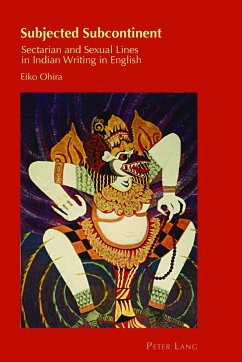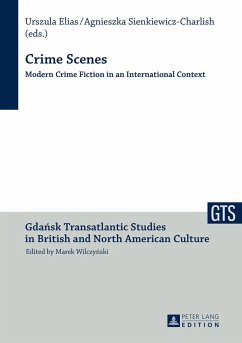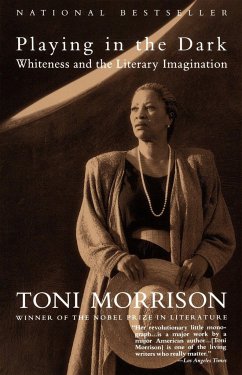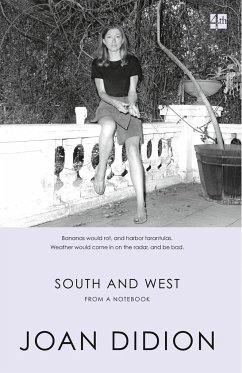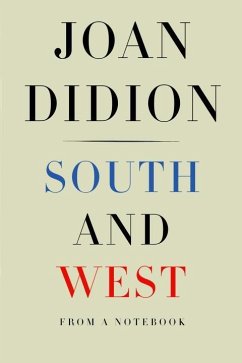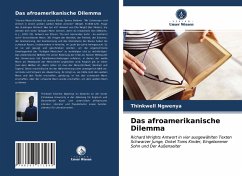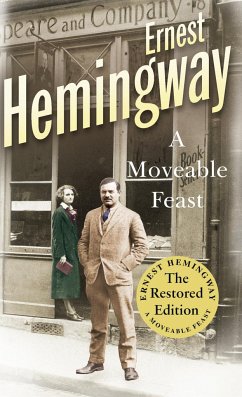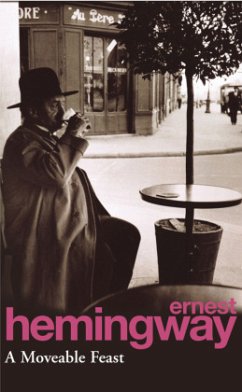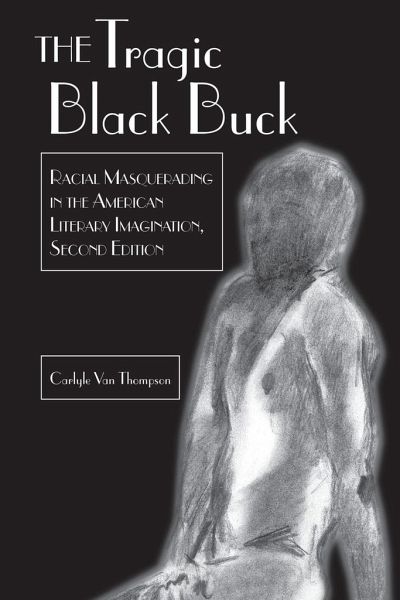
The Tragic Black Buck
Racial Masquerading in the American Literary Imagination, Second Edition
Herausgegeben: Thompson, Carlyle V.
Versandkostenfrei!
Versandfertig in 6-10 Tagen
47,10 €
inkl. MwSt.
Weitere Ausgaben:

PAYBACK Punkte
0 °P sammeln!
The new edition of The Tragic Black Buck: Racial Masquerading in the American Literary Imagination offers a fresh perspective on this trail blazing scholarship, and the singular importance of F. Scott Fitzgerald's The Great Gatsby as a challenge to the racial hegemony of biological white supremacy. Fitzgerald convincinglyand boldly shows how racial passing by light-skinned Black individuals becomes the most fascinating literary trope associated with democracy and the enduring desire for the American Dream.




